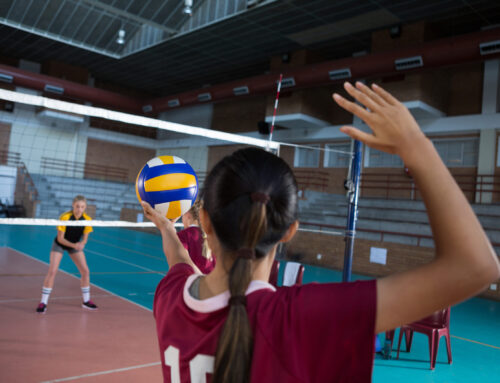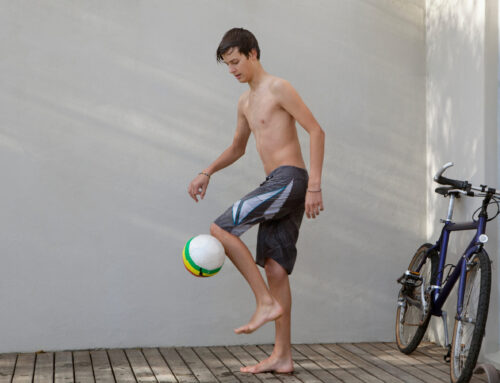Childhood obesity has become a growing concern in recent years, with sedentary lifestyles and poor dietary habits leading to significant health issues. As a parent, it’s essential to prioritize your child’s well-being and take proactive steps to encourage exercise. In this blog post, we will explore effective strategies to motivate and engage overweight children in physical activities, helping them develop a positive relationship with exercise.
- Lead by Example: Children often emulate their parents’ behaviors and attitudes. Therefore, one of the most effective ways to encourage exercise in your overweight child is to become an active role model. Engage in physical activities yourself, such as walking, cycling, or playing a sport, and invite your child to join you. By showing enthusiasm and making exercise a family affair, you create a supportive environment that fosters healthy habits.
- Make It Fun: Physical activity should not feel like a chore for your child. Find activities they genuinely enjoy and make exercise fun. Consider their interests and preferences when suggesting different options. It could be swimming, dancing, martial arts, or even simply playing games in the backyard. When children have fun while being active, they are more likely to continue doing it.
- Limit Screen Time: Excessive screen time is a significant contributor to a sedentary lifestyle. Set reasonable limits on your child’s screen time, including TV, video games, and mobile devices. Encourage them to engage in alternative activities instead, such as outdoor play or participating in organized sports. Additionally, creating tech-free zones or designated device-free hours can help establish healthier habits and increase opportunities for physical activity.
- Break it Down: Physical activity doesn’t have to be done in long, continuous sessions. Especially for children who may find extended periods of exercise daunting, breaking it down into smaller, manageable chunks can be more effective. Encourage short bursts of activity throughout the day, such as walking the dog, dancing during commercials, or taking the stairs instead of the elevator. These small changes can accumulate and contribute to their overall fitness.
- Variety is Key: To maintain your child’s interest, offer a variety of activities to prevent boredom. Rotate between different sports, outdoor adventures, and recreational games. Joining community programs or clubs can introduce your child to new activities and provide them with a social environment that promotes physical fitness. By keeping things fresh and exciting, you increase the chances of your child staying active in the long run.
- Set Realistic Goals: When embarking on an exercise routine with your child, set realistic goals that align with their capabilities. Celebrate small milestones and achievements to boost their confidence and motivation. Remember, the focus should be on adopting a healthy and active lifestyle rather than achieving a specific weight or appearance. By emphasizing the benefits of exercise for overall well-being, you help your child build a positive body image and foster a healthy relationship with physical activity.
- Encourage Peer Engagement: Children are more likely to engage in physical activities when they have friends or peers involved. Encourage your child to participate in team sports, group classes, or after-school programs where they can make new friends while being active. Social support and a sense of belonging can make exercise more enjoyable and provide additional motivation for your child.
Motivating an overweight child to exercise requires patience, persistence, and a positive approach. By leading by example, making exercise enjoyable, and providing a supportive environment, you can help your child develop lifelong habits that promote good health and well-being. Remember to focus on the journey rather than the destination, celebrating each step towards a more active and healthy lifestyle. With your support, your child can embark on a path to improved fitness and overall happiness.




